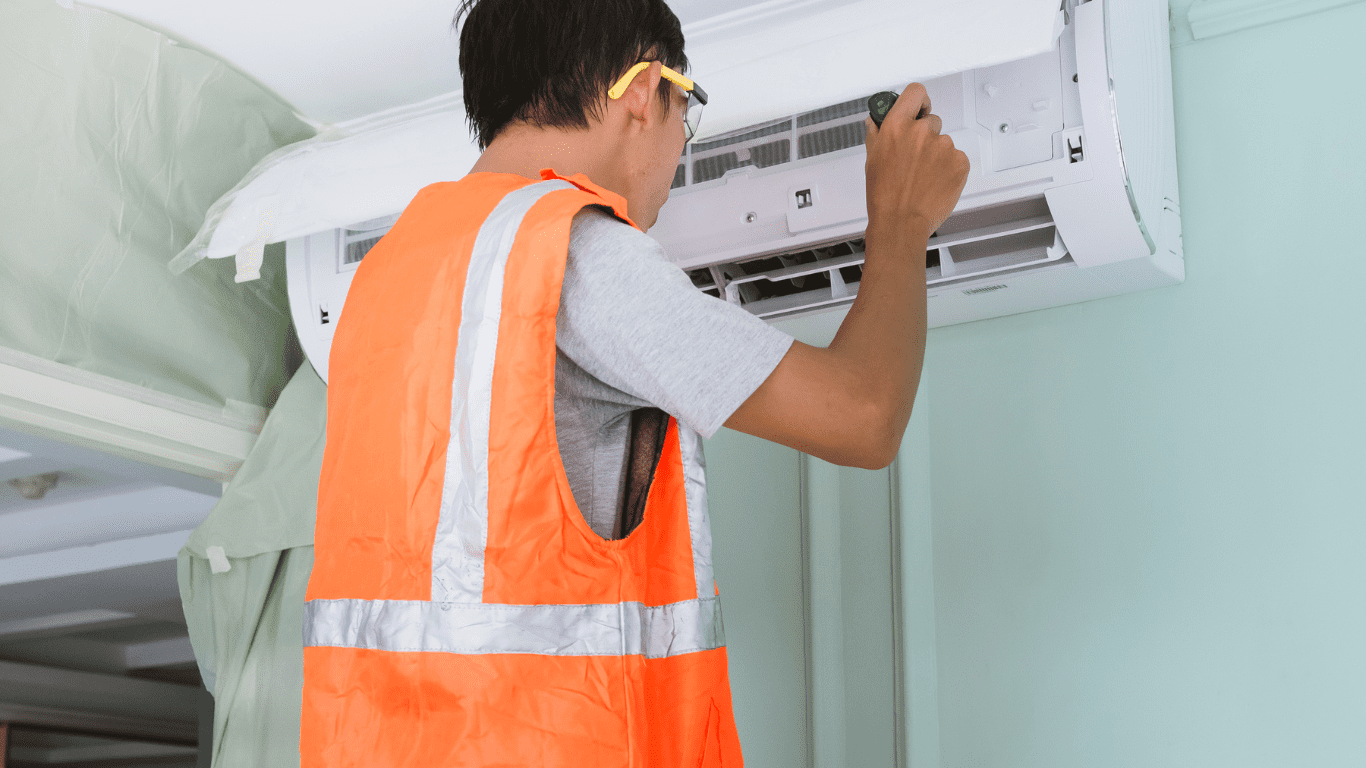During the hot summer months, a properly functioning air conditioning (AC) system is essential to staying comfortable and cool. However, if your AC isn’t turning on, it can be frustrating and uncomfortable. There are many reasons why an AC unit may not turn on, ranging from simple issues that can be fixed at home to more complex problems that require the assistance of a professional. In this article, we will explore the most common reasons why your AC may not be turning on and provide a comprehensive troubleshooting guide to help you diagnose and fix the problem.
Thermostat Issues
The thermostat is the control center for your AC system, and if it isn’t functioning properly, it can prevent the AC unit from turning on. One of the most common thermostat issues is a dead battery. If the battery is dead, the thermostat won’t be able to communicate with the AC unit, and it won’t turn on. To fix this issue, simply replace the batteries in the thermostat and try turning the AC unit on again.
Another common thermostat issue is a faulty wiring connection. If the wiring connection between the thermostat and the AC unit is loose or damaged, the thermostat won’t be able to communicate with the AC unit, and it won’t turn on. Check the wiring connection between the thermostat and the AC unit and make sure it’s securely connected.
Electrical Issues
The AC unit requires electricity to function, and if there is an electrical issue, it can prevent the AC unit from turning on. The first thing to check is the circuit breaker. If the circuit breaker has tripped, it will need to be reset before the AC unit can turn on. Locate the circuit breaker for the AC unit and check to see if it has tripped. If it has, reset it and try turning the AC unit on again.
If the circuit breaker isn’t the problem, there may be an issue with the electrical wiring in the AC unit. If you’re comfortable working with electrical systems, you can check the wiring for any signs of damage or wear. If you’re not comfortable working with electrical systems, it’s best to call a professional.
Dirty air filter
A dirty air filter can cause the AC unit to work inefficiently or even shut down. When the air filter is dirty or clogged, it can prevent air from flowing through the AC unit, causing it to overheat and shut down. Check the air filter and replace it if it’s dirty.
Low refrigerant levels
The refrigerant is the substance that cools the air in the AC unit, and if there isn’t enough refrigerant in the system, the AC unit won’t be able to cool the air effectively. Low refrigerant levels can be caused by a leak in the system or simply by the natural aging process of the AC unit. If you suspect that low refrigerant levels are the issue, it’s best to call a professional to diagnose and fix the problem.
Blocked Condenser Unit
The condenser unit is part of the AC system that is located outside the home. If it becomes blocked or obstructed, it can prevent the AC unit from turning on. Check the condenser unit and make sure it’s free of debris, such as leaves or other objects. Clear any obstructions and try turning the AC unit on again.
Faulty Capacitor
The capacitor is an essential component of the AC unit that provides the initial boost of electricity to start the compressor. If the capacitor is faulty, the AC unit won’t be able to turn on. If you suspect that the capacitor is the issue, it’s best to call a professional to diagnose and fix the problem.
Faulty Compressor
The compressor is the heart of the AC system, and if it fails, the entire system will be affected. A faulty compressor can prevent the AC unit from turning on, or it may cause the AC unit to turn on but not cool the air. If you suspect that the compressor is the issue, it’s best to call a professional to diagnose and fix the problem.
Conclusion
There are many reasons why an AC unit may not turn on, and diagnosing the problem can be challenging. However, by following this comprehensive troubleshooting guide, you should be able to identify the most common issues and fix them yourself. If you’re not comfortable working with electrical systems or if the problem is more complex, it’s best to call a professional. Remember to perform regular maintenance on your AC unit, such as replacing air filters and cleaning the condenser, to prevent future issues and keep your AC unit running smoothly. With a little care and attention, you can ensure that your AC unit will keep you cool and comfortable during the hot summer months.
